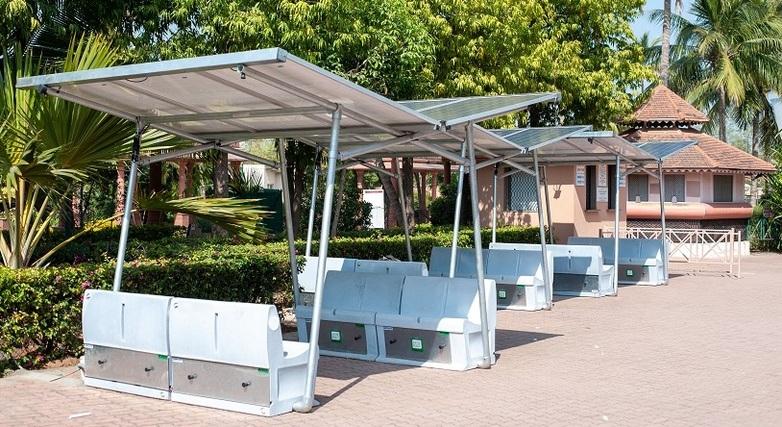Context
With an ever-increasing demand for electricity on the one hand, and depleting fossil fuel reserves on the other, India needs a smart approach for developing its electrical grid and ensuring access to reliable electricity for all consumers. The Government of India has upscaled its target for renewable energy capacities to 175 gigawatts (GW) by 2022 and aims to make use of the technical and economic potentials offered by renewable energy.
Substantial focus is being placed on rooftop solar power stations. These offer an outstanding opportunity to expand the supply of climate-neutral energy that can be generated in urban spaces. However, safety, reliability and cost-efficiency must be taken into consideration when integrating rooftop solar power stations into the electricity distribution network. Additionally, environmental and social aspects such as climate change mitigation and employment generation must be included in the equation.
Objective
The Government of India has been consolidating the grid integration of distributed solar energy and electrical storage to reach its national targets for renewable energy capacity.
Approach
The project works in the following areas:
- Supporting the Indian Ministry of New and Renewable Energy (MNRE) in developing options and models that allow a high share of renewable energy within the total electricity mix, especially with regard to rooftop solar power stations
- Identifying and supporting selected prominent cities for the development of a roadmap to power cities completely with renewable energy and set up demonstration projects.
- Support Discoms (electricity distribution companies) to enable a transformation towards a low-emission, climate-compatible energy supply.
Last update: March 2023

